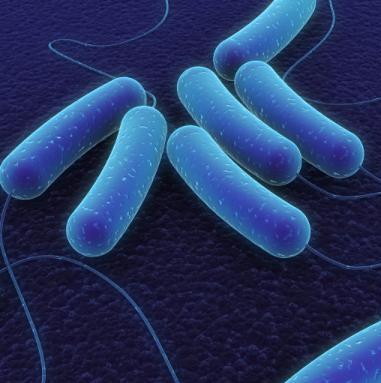US scientists announces success in first “Artificial life” experiment with synthetic cell
 A group of scientists in US have developed the first ever synthetic living cell. The scientists made a bacterium's genetic software and then transplanted that to a host cell. The result of that experiment finally looked and also behaved like the species having the synthetic DNA.
A group of scientists in US have developed the first ever synthetic living cell. The scientists made a bacterium's genetic software and then transplanted that to a host cell. The result of that experiment finally looked and also behaved like the species having the synthetic DNA.
This achievement in science is going to be a scientific landmark but some critics have also warned about the dangers posed by synthetic organism.
The researchers have planned to develop bacterial cells which will produce fuels, medicines, green house gases etc. Dr. Craig Venter of JVC Institute in Maryland and California is the leader of the researcher team. He and his group had made a synthetic bacterial genome before and transplanted that genome to another.
The scientists copied a genetic code from an existing bacterial genome and then they used a synthetic machine to construct a copy chemically.
Dr. Venter has said that he and his team have been able to transplant synthetic chromosome in to a recipient cell with a different organism. As the new software goes in to the cell, the cell reads and converts into the species mentioned in the genetic code.